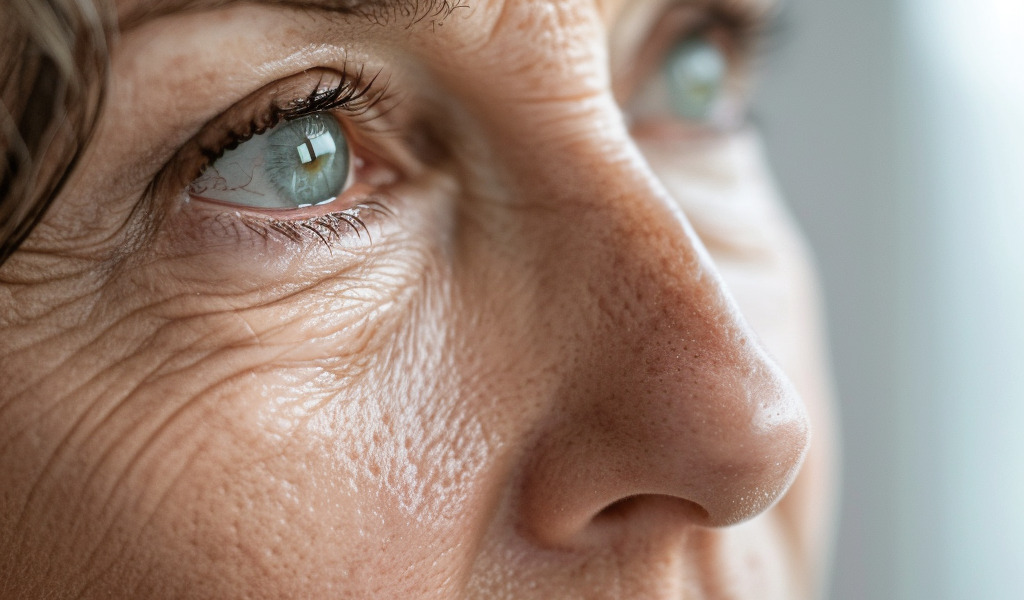Is Delaying Menopause the Key to Longevity?
Scientists are studying how to keep the ovaries working longer — and potentially, prevent age-related diseases in the process.
In March, the first lady, Jill Biden, announced a new White House women’s health initiative that highlighted a seemingly obscure research question: What if you could delay menopause and all the health risks associated with it?
The question comes from a field of research that has started to draw attention over the last few years, as scientists who study longevity and women’s health have come to realize that the female reproductive system is far more than just a baby-maker. The ovaries, in particular, appear to be connected to virtually every aspect of a woman’s health.
They also abruptly stop performing their primary role in midlife. Once that happens, a woman enters menopause, which accelerates her aging and the decline of other organ systems, like the heart and the brain. While women, on average, live longer than men, they spend more time living with diseases or disabilities.
The ovaries are “the only organ in humans that we just accept will fail one day,” said Renee Wegrzyn, director of the Advanced Research Projects Agency for Health, a government agency tasked with steering Dr. Biden’s mission. “It’s actually kind of wild that we all just accept that.”
It is the ovaries’ truncated life span that also makes them such a promising site for experimentation. Researchers think that prolonging their function, better aligning the length of their viability with that of other organs, could potentially alter the course of a woman’s health — and longevity research overall.
Your Questions About Menopause, Answered
What are perimenopause and menopause? Perimenopause is the final years of a woman’s reproductive years that leads up to menopause, the end of a woman’s menstrual cycle. Menopause begins one year after a woman’s final menstrual period.





